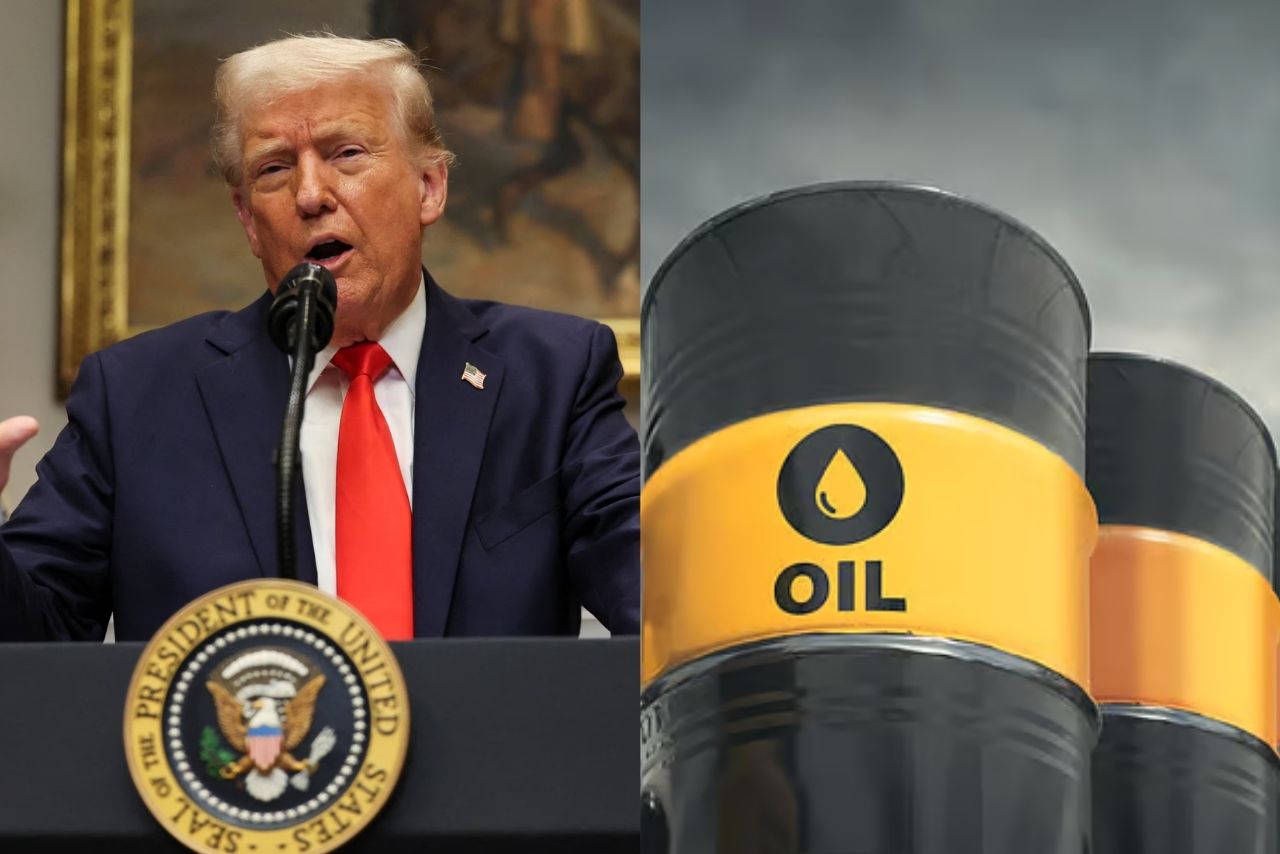Oil prices gained nearly 1% following U.S. President Donald Trump’s announcement that Indian Prime Minister Narendra Modi assured him India would stop buying oil from Russia. This commitment significantly impacts global energy markets, signaling tighter crude supplies amid geopolitical tensions and U.S. efforts to curb Moscow’s revenue.
Oil markets witnessed a notable uptick on Thursday, with prices rising approximately 1% after President Donald Trump revealed that India promised to cease its purchases of Russian oil. This statement brought fresh optimism to commodity markets dealing with recent oversupply concerns and weak demand outlooks.
Brent crude futures climbed by 57 cents, trading at $62.48 per barrel, while U.S. West Texas Intermediate (WTI) gained 54 cents to settle at $58.81 per barrel. The announcement alleviated some market pressures created by ongoing U.S.-China trade tensions and warnings from the International Energy Agency (IEA) regarding a potential global oil surplus in 2026.
India is a significant buyer of Russian crude, sourcing about one-third of its oil from Moscow. A shift away from Russian imports by India would mark a considerable geopolitical and trade realignment amid the extended Ukraine conflict, where Western nations have imposed stringent sanctions on Russia.
President Trump’s comments underline intensified U.S. diplomatic efforts to isolate Russia economically by pressuring key buyers like India and China to reduce their dependency on Russian crude. India, so far, has defended its imports as vital for energy security and domestic fuel cost management.
Major Takeaways
-
The announcement led to Brent crude rising 0.9% to $62.48 per barrel and WTI increasing by 0.9% to $58.81.
-
India currently imports nearly one-third of its oil from Russia, making the pledge impactful for global supply.
-
U.S. has levied a 50% tariff on Indian goods related to Russian oil to pressure compliance with sanctions.
-
India and China remain largest buyers of Russian crude but have shown signs of reducing purchases recently.
-
Indian refiners reportedly cut Russian crude imports by over 45% between June and September 2025.
-
The U.S. aims to extend pressure on China to follow India’s lead in reducing Russian oil imports.
-
Market participants await U.S. Energy Information Administration (EIA) data to assess impacts on supply-demand balance.
This development is a key strategic moment in global energy geopolitics, with potential for sustained upward pressure on oil prices if India’s commitment translates into sustained reduction in Russian oil imports.
Sources: Reuters, NDTV, The Economic Times, Investing.com, ABP Live

